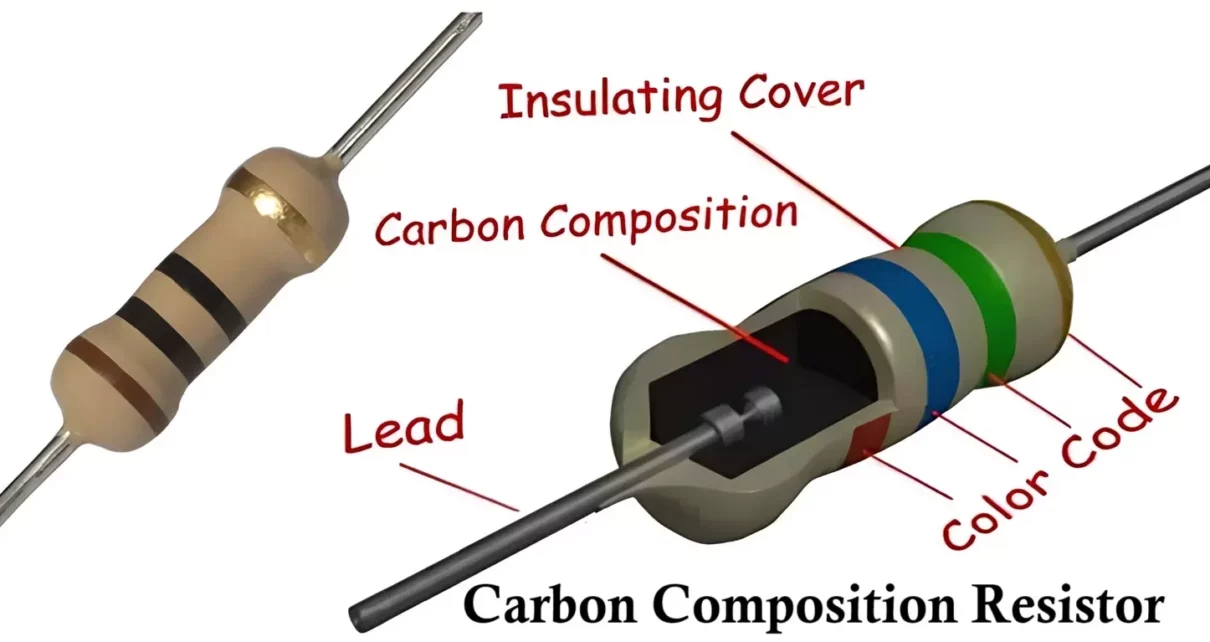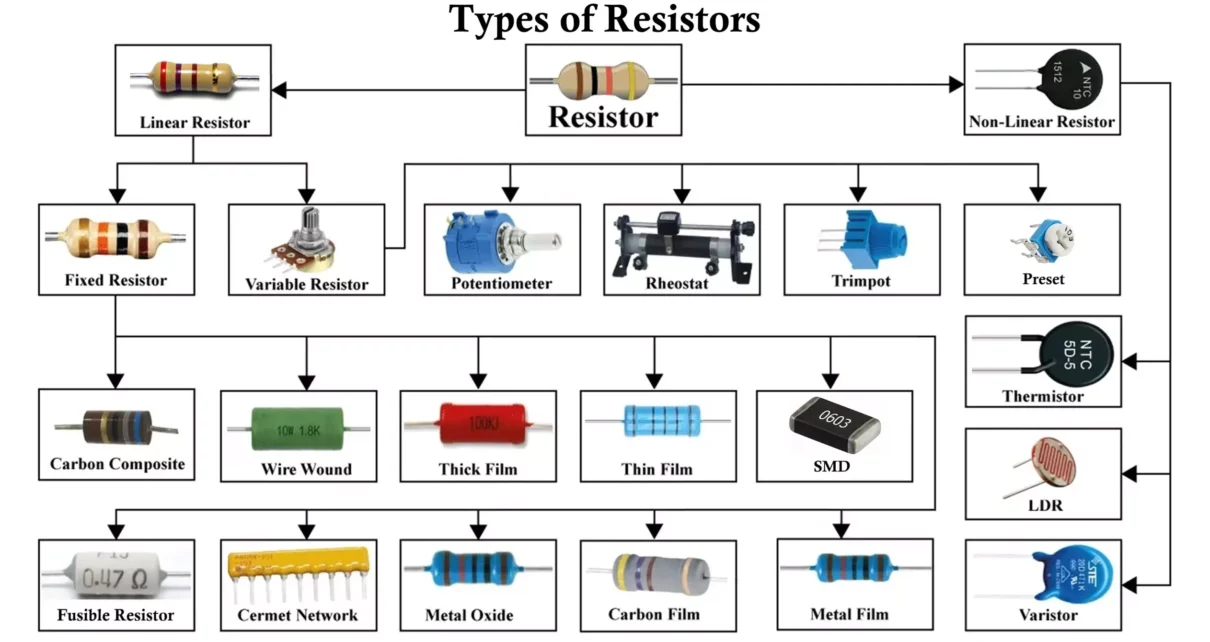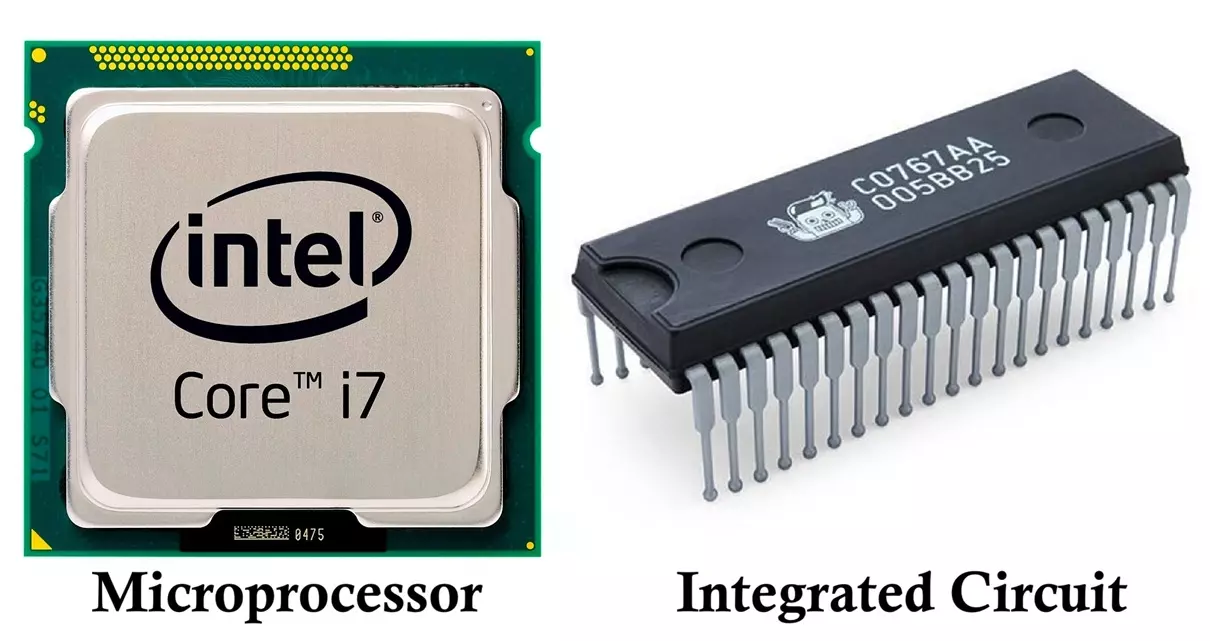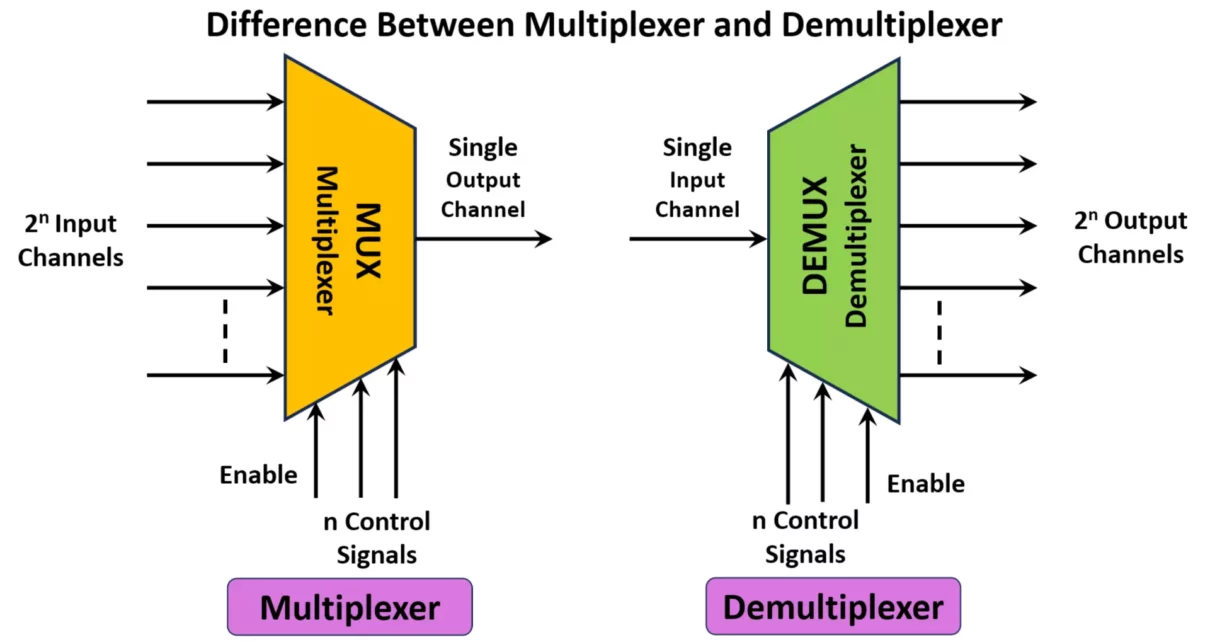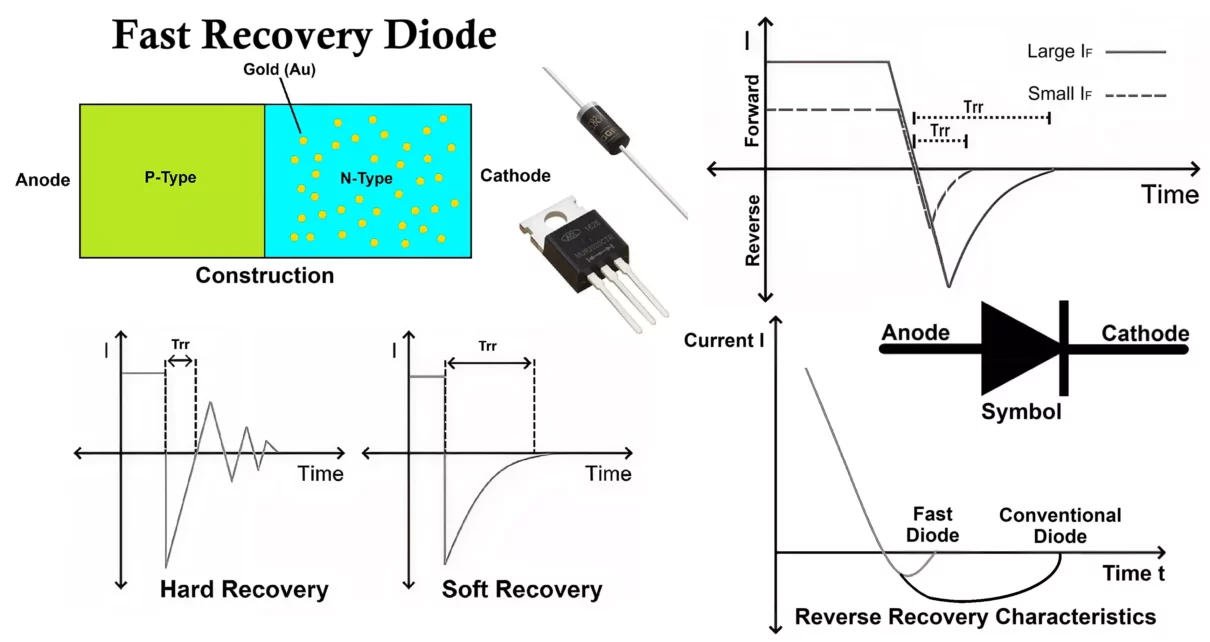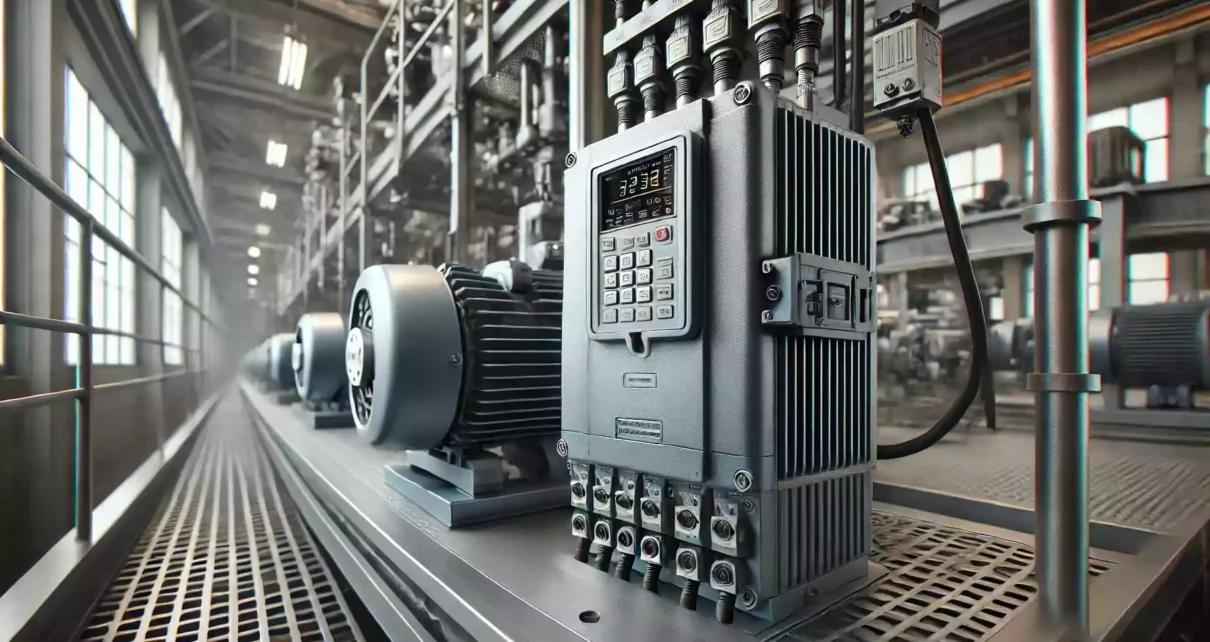Let’s Explorer Carbon Composition Resistor symbol, construction, working, types, value reading, advantages, disadvantages, and applications explained in the clearest way. Carbon composition resistors were once the most common type of resistors used in electronic circuits. Though largely replaced by more modern resistor types today, they still hold importance in high-energy pulse and vintage circuit applications. […]
Electronic devices
Types of Resistors with Symbol, Classification and Applications
Resistors are fundamental electronic components that limit, regulate, or set the flow of electric current in a circuit. While they may appear simple, there are different types of resistors designed for specific purposes and operating environments. Now you know the basics of resistance and its role in circuits. Let’s dive deeper into the all the […]
How is a Microprocessor Different from an Integrated Circuit?
Contents What Is a Microprocessor? What Is an Integrated Circuit (IC)? Key Differences Between Microprocessors and Integrated Circuits When to Use a Microprocessor vs an Integrated Circuit Conclusion FAQ Microprocessors and integrated circuits (ICs) are foundational components in modern electronics, but they serve very different purposes. Understanding the distinction between these two can help in […]
Difference Between Multiplexer and Demultiplexer with Types
Multiplexers (MUX) and Demultiplexers (DEMUX) are essential combinational logic circuits used in digital electronics for data transmission and communication systems. They play a crucial role in efficiently handling multiple signals by optimizing the usage of data lines, reducing hardware complexity, and enhancing the efficiency of data processing units. Let’s explore the difference between multiplexer and […]
Fast Recovery Diode Symbol, Construction, Working & Applications
Diodes are semiconductor devices that allow current to flow in only one direction. They are widely used in modern circuits for applications such as switching, rectification, and protection. Among the various types of diodes, the fast recovery diode (FRD) is specifically applicable in high-frequency applications due to its fast reverse recovery time. When a diode […]
Types of Variable Speed Drives: Construction, Working & Applications
Here is a detailed explanation on types of variable speed drives, including their construction, working principles, advantages, disadvantages, and applications. Variable Speed Drives (VSDs), also known as Variable Frequency Drives (VFDs) or Adjustable Speed Drives (ASDs), are devices or systems used to control the speed and torque of motors by varying the frequency, voltage or […]
